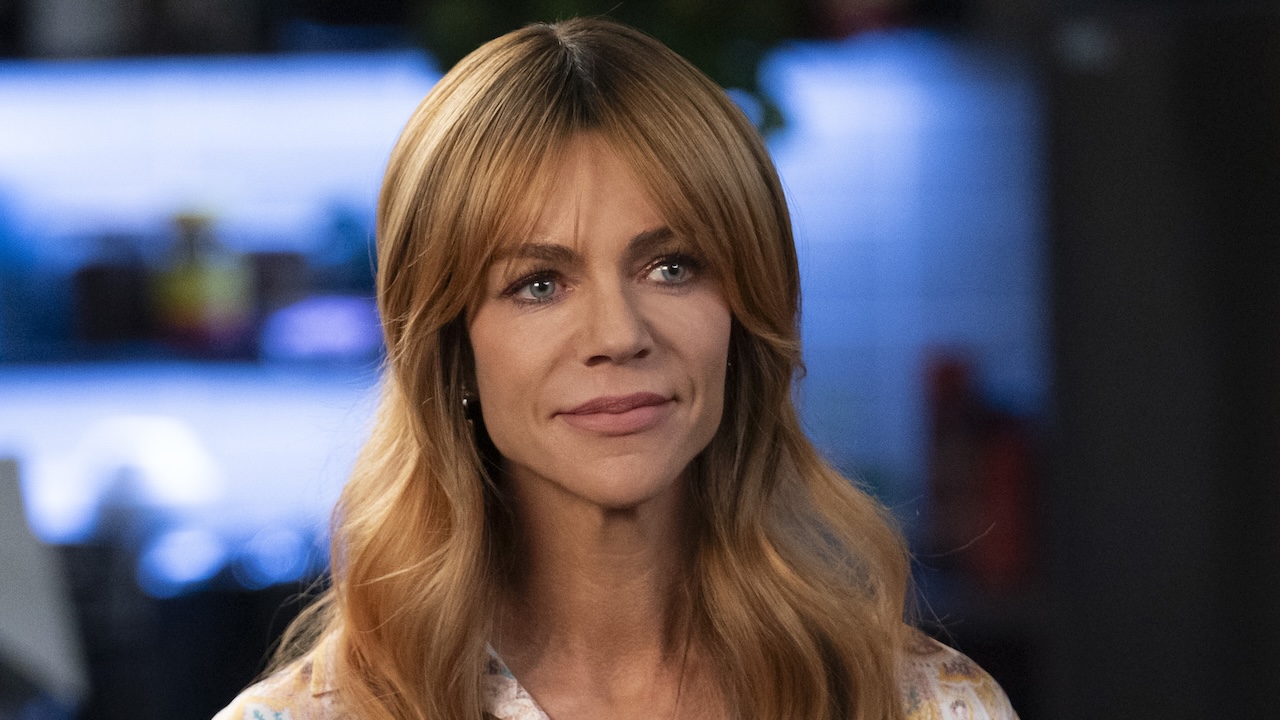There's really no modernizing Jane Eyre, with all the tragedies borne of a repressed and dogmatic society, the stately manor houses creaking with secrets, and oh, those enormous and constricting dresses. It's not even a comedy like Pride and Prejudice, a classic story that benefited so much from Joe Wright's clear-eyed and sprightly approach a few years ago. So to bring something new and accessible to Jane Eyre, director Cary Fukunaga simply engrosses himself and his actors in the cloaked gloom of the era, stirring up the passion and life that's been there all along in Charlotte Bronte's story. His Jane Eyre feels unmistakably of another era, but there is no dust or pretension here, just a great story impeccably shot and acted, and a film impossible to shake.
Jane Eyre is a sprawling novel of a woman's entire coming of age, but the part everyone remembers is Jane's torturous love affair with Mr. Rochester at the imposing Thornfield Hall. Fukunaga's film begins just as that affair ends, Jane roaming the moor in abject sorrow and picked up by a kindly pastor (Jamie Bell, scruffy and grown up) and his sisters. We then flash back to her brutal childhood with her awful aunt (Sally Hawkins) and even worse girl's school, where the infraction of dropping a slate results in public shunning. Her assignment to work as a governess at the barren, remote Thornfield Hall is actually a reprieve, especially when welcomed by the motherly Mrs. Fairfax (Judi Dench) and her French-speaking charge Adele (Romy Settbon Moore).
But Mr. Rochester is who everyone is waiting for, onscreen and off, and when Jane encounters him on horseback in the fogbound woods Michael Fassbender does not disappoint. With piercing, tormented eyes and a jutting jaw Fassbender fits in perfectly with the stony castle and forbidding forests surrounding it, and the way he immediately accepts Jane as his equal, practically begging her to keep him company, both intrigues and repels a girl taught to know her place. Wasikowska and Fassbender play every possible layer of the smoldering and deeply felt romance between their unlikely lovers, making the most of Bronte's florid but effective language and Fukunaga's camera, which places them at constant odds amid the haunting, harsh beauty of Thornfield.
Instead of Jane's own narration from the book Fukunaga's uses Wasikowska's beautifully expressive face and body (she's a former dancer) to convey the film's every emotion; when Jane is invited to sit in on Rochester's party and feels out of place, Fukunaga tells us as much by lingering on the back of Jane's neck as the party murmurs in the background. When Rochester places a flower in Jane's hair as his first hint at consuming love, the way she twirls the stem in her hands conveys both her confusion and secret joy. Even while nailing the period furniture and accents and flowery language Fukunaga focuses on the tiny, universal details, knowing those are the things that have made Jane Eyre a beloved, irresistible tale for a century and a half.
Around every corner in Jane Eyre there's something delectable, whether the impeccable supporting performances-- Hawkins is amazing and cruel in her brief scenes, Imogen Poots perfectly snooty as a rich Mrs. Rochester wannabe-- the saturated and moody photography from Adriano Goldman or Dario Marianelli's spare, evocative score. Fukunaga showed skill with his remarkable debut feature Sin Nombre, but Bronte's words have brought him new emotional depth, along with two actors perfectly suited to their inscrutable characters. Even those who think themselves allergic to period pieces shouldn't deny Jane Eyre's enigmatic pull.
Your Daily Blend of Entertainment News
Staff Writer at CinemaBlend


